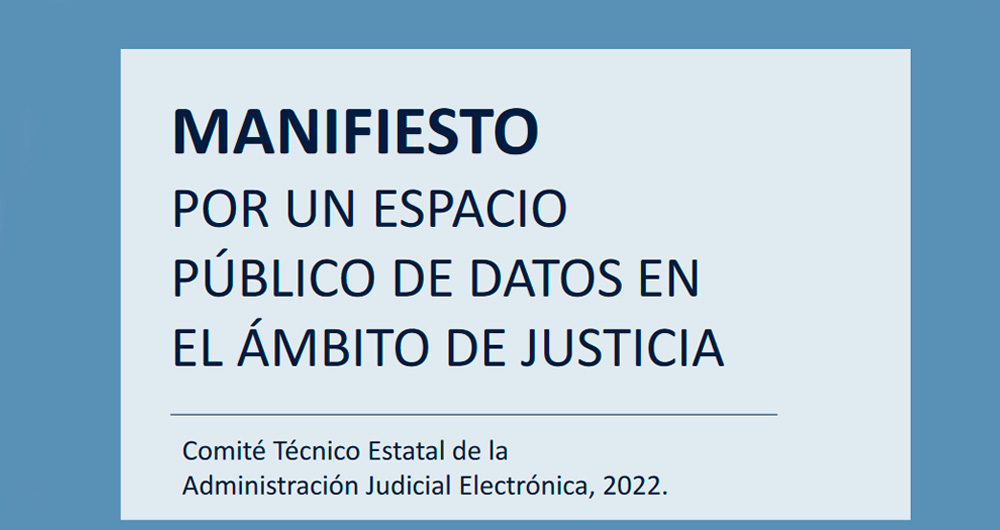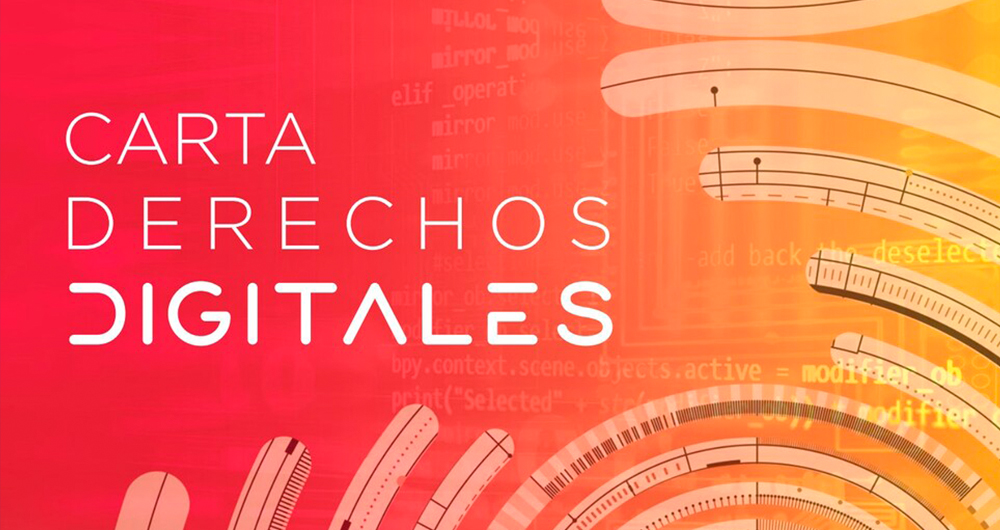7 posts found
Data activism: an increasingly relevant practice in the age of platforms
Data activism is an increasingly significant citizen practice in the platform era for its growing contribution to democracy, social justice and rights. It is an activism that uses data and data analysis to generate evidence and visualisations with the aim of revealing injustices, improving peop…
Data and digital transformation in the justice system
The Manifesto for a public data space has recently been published. The document raises the need to reinforce the importance of data in the current digital transformation process in this area. The document has been drawn up within the State Technical Committee of the Electronic Judicial Administratio…
Improving efficiency in the legal sector: LegalTech and data analytics
Digital transformation affects all sectors, from agriculture to tourism and education. Among its objectives is the optimization of processes, the improvement of the customer experience and even the promotion of new business models.
The legal sector is no exception, which is why in recent years…
Validation of the Royal Decree-Law on reuse of public sector information and open data
Why a Royal Decree-Law?
In the plenary session of the Congress of Deputies held on December 2, 2021, Royal Decree-Law 24/2021, of November 2, on the transposition of several European Union directives, including Directive (EU) 2019/1024 of the European Parliament and of the Council, of June 20, 2019,…
The data in the Digital Charter of Rights
Just a few days ago has been officially presented the Digital Charter of Rights. It is an initiative that has had a wide representation of civil society since, on the one hand, a wide and diverse work team has been in charge of its drafting and, on the other, during the procedure of its prepara…
Creative Commons licenses and general conditions for the reuse of public sector information in Spain
In the more traditional conception of the right of access and transparency of public sector entities, obtaining information requires, in advance, the processing of an administrative procedure that ends with the corresponding resolution by which the requested information is granted or denied. However…
Open data as a tool to reduce inequalities
The public sector is not only a great provider of open data, but also one of its main users. Open data facilitates contact and direct communication between governments and citizens. This can drive more efficient and effective public policies.
Among other areas, open data has great potential to devel…






